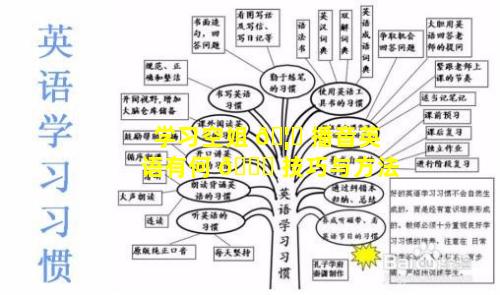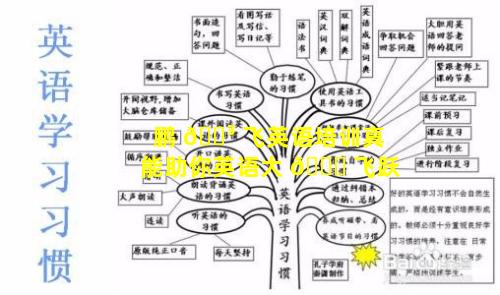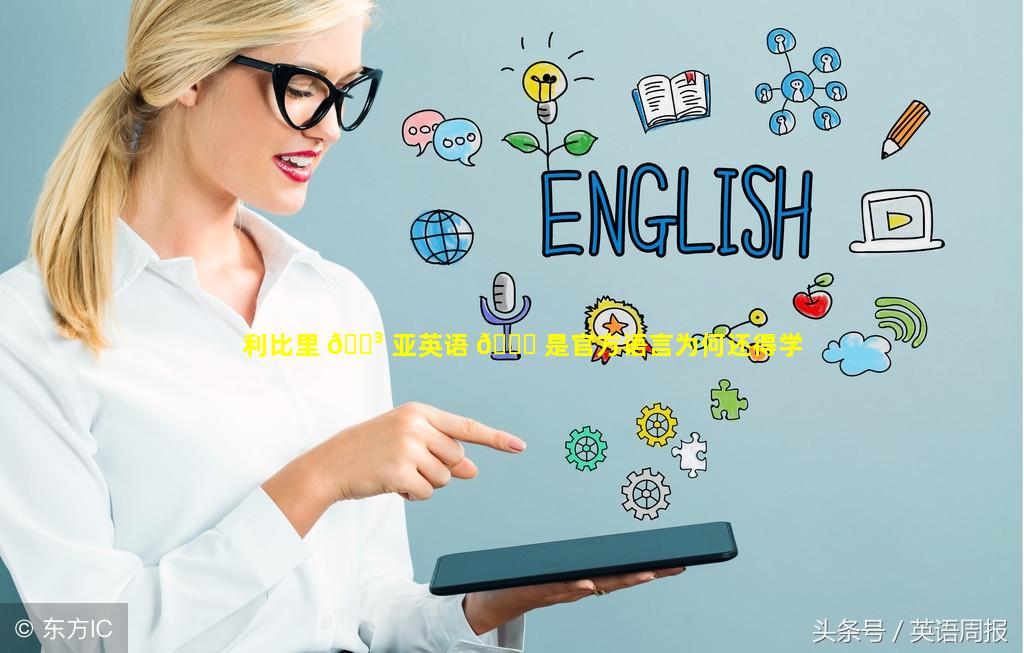在学习药学进程里,用英语阐述知识 🐒 究竟是何种体验
- 作者: 李芸汐
- 来源: 投稿
- 2025-02-15
1、在学习药学进程里,用英 🐘 语阐述知识究竟是何种体验
Studying Pharmacy through the Lens of English: An Immersive Experience
Enhanced Understanding:
Englishbased textbooks, research papers, and class discussions provide a comprehensive understanding of complex scientific concepts.
Terminology and abbreviations specific to the field become second nature, enabling precise communication with healthcare professionals.
Global Perspective:
Access to Englishlanguage resources fosters a global perspective, connecting students with cuttingedge research and best practices from around the world.
International conferences and collaborations facilitate knowledge exchange and professional development.
Precision in Communication:
English as the lingua franca of medicine ensures clear and accurate communication with patients and colleagues.
The precise language of English minimizes ambiguities, reducing the risk of medication errors and misunderstandings.
Expanding Vocabulary and Knowledge Base:
Encountering new scientific terms and concepts in English enriches students' vocabulary and deepens their understanding of the field.
Englishlanguage research exposes students to a vast body of knowledge, broadening their perspectives on drug development, pharmacology, and therapeutics.
Career Advantages:
Proficiency in English is highly valued in the pharmaceutical industry, opening doors to global employment opportunities.
Englishlanguage communication skills foster collaboration with international colleagues and facilitate knowledge transfer across borders.
Challenges and Opportunities:
While Englishbased education offers advantages, it can also present challenges for nonnative speakers.
Immersive experiences, such as studying abroad or working in Englishspeaking environments, can overcome language barriers and enhance fluency.
Language support services, such as tutoring and language labs, provide valuable assistance to students striving to master English.
A Transformative Experience:
Studying pharmacy through the lens of English is a transformative experience that equips students with the knowledge, skills, and global perspective necessary to excel in the field. By embracing the challenges and harnessing the opportunities, students can unlock the full potential of their pharmaceutical education and contribute to the advancement of healthcare worldwide.
2、对药学 🦁 英语的认识和了解
对药学 🐎 英语的认识和了 🪴 解 🐘
药学英语是指在药学领域使用 🐬 的英语。它是一种独特的语言,结合了医学药学、和英语。等多个学科的术语和概念
重要性药学 🐞 英语对于药学专业人员至关重要,原因如下:
专业沟通:药剂师、医生和其他医疗专业人 🦍 员必须能够使用准确且清晰的语言进行沟通,以确保患者安全和药物有效性。
国际合作:药学是一个全球化的领域药学,英 🦢 语在跨国研究、临床试验和信息共享方面发挥着至关重要的作用。
获取信息:大多数药学文献(例如教科书、研、究论文产品说明 🌾 )都是用英语撰写的,因此药学专业人员需要掌握药学英语 🐕 才能获取重要信息。
职业发展:在国际药学组织和机 💐 构工作或参与国际项目时,熟练掌握药学英语是 🐝 必不可 🪴 少的。
特点药学英语具有 🍁 以下特点:
高度 🌾 专业化:使用大量的特定于药学的术语和缩写。
精确且客 🐛 观:旨在准确 💮 传达信息并避免歧义。
明确且简洁 🐋 :优先考 🦆 虑简洁性 🐅 和理解性。
符合国际标准:遵循国 🦁 际制药术语标准,例如国际无专利通用命名 🌺 法 🌹 (INN)。
注重 🐈 患者安 🌾 全:强调与患者使用清晰 🌲 易懂的语言。
获得药学英语可以通过多种方式获 🐝 得药学英语:
大学课程:许多药学专业 🦁 都提供药 🐧 学英语课 🐦 程。
在线课程 🐱 :有许多在线平台提供药学英语 🌼 课 🌸 程。
专门教材:有教材专门 🐴 针对药学 🌹 英语的教授。
期刊和书籍:定 🦅 期阅读药学期刊和书籍可以提 🌸 高药学英语水平。
实践:与其他药学专业人员进行互 🐱 动、参加会议和研讨会可以提供实 🦄 践机会 🐧 。
熟练掌握药学英语需要持续的学习和实践。通过对药 🐯 学英语的认识和了解药 🐧 学,专业人员可以有效地沟通、访。问信息并为患者提供最佳护理

3、药学用英语怎么翻 🦄 译
Pharmacy4、药学专业 🍁 知识英文 💐
Pharmaceutical Science Terminology
General Terms
Pharmaceutics: Study of drug formulation, delivery, and kinetics
Pharmacology: Study of drug effects on the body
Pharmacodynamics: Study of drugreceptor interactions and mechanisms of action
Pharmacokinetics: Study of drug absorption, distribution, metabolism, and excretion
Drug Properties
Potency: Strength or effectiveness of a drug
Efficacy: Maximum response achievable with a drug
Spectrum of activity: Range of organisms or diseases a drug is effective against
Selectivity: Ability of a drug to target specific receptors or pathways
Drug Formulation
Excipient: Inactive ingredient added to improve drug stability or delivery
Dosage form: Specific form of a drug (e.g., tablet, injectible, inhaler)
Bioavailability: Proportion of a drug that reaches systemic circulation
Pharmaceutical equivalence: Drugs with same active ingredient, dosage form, and bioavailability
Drug Development
Preclinical testing: Laboratory and animal studies to evaluate drug safety and efficacy
Clinical trials: Human studies to assess drug safety, efficacy, and dosing
Investigational new drug (IND): FDA application to initiate clinical trials
New drug application (NDA): FDA application for drug approval
Drug Regulation
Food and Drug Administration (FDA): Regulates drugs in the United States
European Medicines Agency (EMA): Regulates drugs in the European Union
Good manufacturing practices (GMP): Standards for drug manufacturing and quality control
Adverse drug reaction (ADR): Unwanted side effect of a drug
Other Terms
Biotechnology: Use of biological systems for pharmaceutical development
Nanotechnology: Use of nanoparticles for drug delivery
Personalized medicine: Tailoring drug therapies to individual genetic profiles
Drug resistance: Reduced effectiveness of drugs due to genetic mutations
Pharmacogenetics: Study of genetic factors influencing drug response




